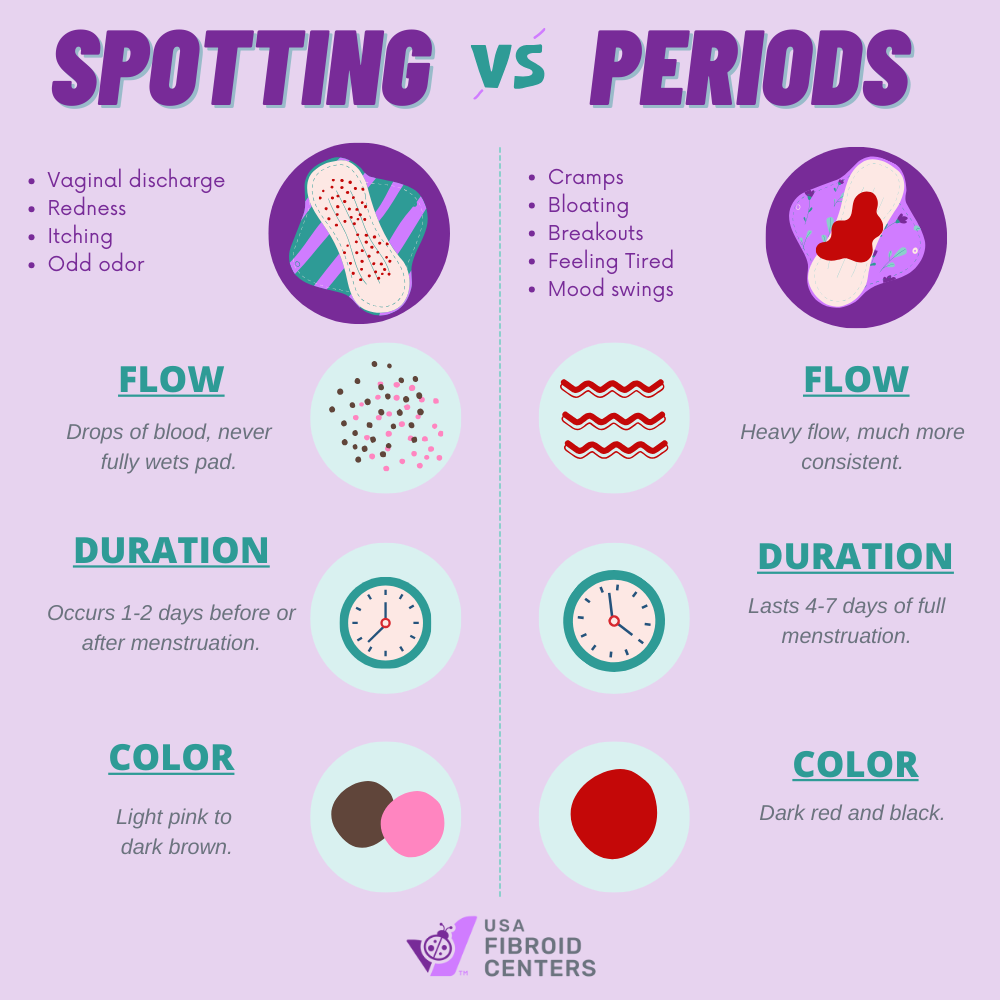
Spotting Pregnancy: Understanding the Causes, Symptoms, and Treatment
Spotting during pregnancy is a common occurrence, affecting up to 25% of expectant mothers. While it can be a cause for concern, it’s important to understand that spotting doesn’t always indicate a problem. In most cases, it’s a harmless sign that your body is adjusting to pregnancy.
Causes of Spotting During Pregnancy
Spotting during pregnancy can be caused by a variety of factors, including:
- Implantation bleeding: This occurs when the fertilized egg implants in the lining of the uterus. It usually happens around 10-14 days after conception and can cause light spotting or bleeding.
- Cervical changes: The cervix becomes softer and more vascular during pregnancy, which can make it more prone to bleeding. This can occur during intercourse, pelvic exams, or even after coughing or sneezing.
- Hormonal changes: Fluctuating hormone levels during pregnancy can cause changes in the uterine lining, leading to spotting.
- Infection: Certain infections, such as urinary tract infections or sexually transmitted infections, can cause spotting or bleeding.
- Placental problems: Placental abruption or previa can cause heavy bleeding or spotting. These conditions require immediate medical attention.
- Ectopic pregnancy: This occurs when the fertilized egg implants outside the uterus, usually in the fallopian tube. It can cause severe pain and bleeding.
Symptoms of Spotting During Pregnancy
Spotting during pregnancy can range from light to heavy. It may be accompanied by other symptoms, such as:
- Abdominal pain or cramping
- Nausea or vomiting
- Fatigue
- Dizziness or lightheadedness
- Fever
When to Seek Medical Attention
While most cases of spotting during pregnancy are harmless, it’s important to seek medical attention if you experience any of the following:
- Heavy bleeding or clotting
- Severe abdominal pain or cramping
- Fever or chills
- Dizziness or lightheadedness
- Signs of infection, such as foul-smelling discharge or burning during urination
Treatment for Spotting During Pregnancy
Treatment for spotting during pregnancy depends on the underlying cause. In most cases, no treatment is necessary. However, if the spotting is caused by an underlying condition, such as an infection or placental problem, treatment will be directed at the specific cause.
Preventing Spotting During Pregnancy
There is no sure way to prevent spotting during pregnancy. However, there are some things you can do to reduce your risk, such as:
- Avoid strenuous activity
- Get plenty of rest
- Drink plenty of fluids
- Eat a healthy diet
- Avoid smoking and alcohol
Emotional Impact of Spotting During Pregnancy
Spotting during pregnancy can be emotionally distressing, especially if you’re experiencing it for the first time. It’s important to remember that spotting is common and doesn’t always indicate a problem. If you’re concerned about your spotting, talk to your doctor. They can help you determine the cause and provide reassurance.
Conclusion
Spotting during pregnancy is a common occurrence that can be caused by a variety of factors. While it’s important to seek medical attention if you experience any concerning symptoms, most cases of spotting are harmless and do not require treatment. By understanding the causes, symptoms, and treatment options for spotting during pregnancy, you can help reduce your anxiety and ensure a healthy pregnancy.